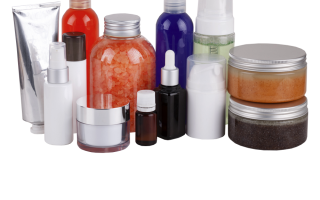Content
Food additive E1520, or propylene glycol, is a dihydric alcohol. It was first synthesized from petroleum products in France by chemist Charles Würz at the end of the 19th century. Since then, the substance, which received the E1520 index in the modern classification, has been widely used in industry, and its scope and production volumes are only increasing every year.
What is the additive E1520
Food additive E1520 is a transparent, slightly viscous liquid with a subtle odor and sweetish taste. It is obtained from refined products - propylene oxides or glycerin. The substance dissolves without residue in water and alcohol, is capable of interacting with acids, esters. Its boiling point is 187.4 degrees, propylene glycol freezes at -60. Possesses a high ability to absorb and dissolve.
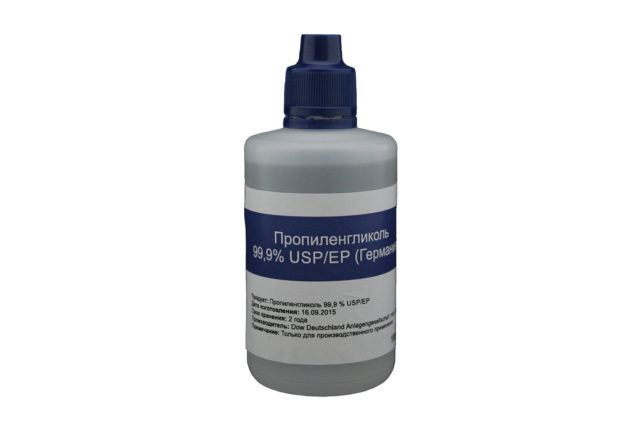
Propylene glycol composition
Food additive E1520 is obtained by treating propylene oxide with water under high temperature and pressure conditions. The second method is gas-phase hydrogenation from glycerin. Propylene glycol has the following composition:
- not less than 99.5% of the main substance - propylene glycol;
- dipropylene glycol;
- tripropylene glycol.
Chemical formula - C3H8O2. By its composition, the additive E1520 belongs to polyhydric alcohols, has properties characteristic of them.
The benefits and harms of propylene glycol
According to the standards established by the WHO and the FDA, the E1520 food additive is recognized as absolutely safe and is approved for use in limited doses. When ingested, the substance is broken down, turning into lactic and pyruvic acid, and the non-digestible residue is excreted naturally. Its accumulation in the body is unknown. Accidental ingestion does not cause painful symptoms.
There are known cases of food additive intolerance. People prone to allergic reactions experienced edema, including the respiratory tract, irritation of the mucous membranes of the eyes and nasopharynx. The harm of propylene glycol to the skin has been revealed. With prolonged use, it can be addictive, as well as dermatitis, urticaria.
For pregnant women, babies and adolescents, E1520 supplement is dangerous. Children do not produce enough enzymes that destroy and remove this substance from the body. In addition, the nervous system of babies is very sensitive to its effects.
The harm of propylene glycol in medicines:
- intravenous administration can provoke the development of acidosis, due to an excess of lactic acid;
- in case of impaired liver and kidney functions, the use of drugs with this substance causes toxic poisoning and acidosis;
- there are cases of negative reactions with the use of high doses of drugs containing this additive.
With excessive use of the food additive E1520, signs of CNS depression may appear - a slow reaction, loss of consciousness, shallow breathing and a rare heartbeat. In people with low blood pressure and weakened heart activity, regular use of the supplement aggravates negative processes, can cause a critical drop in blood pressure and cardiac arrest.
E1520 food additive is dangerous or not
The food additive E1520 is recognized by European and American organizations as completely safe for the body and is recommended for use, including in finished food products, confectionery products, medicines and vitamins.
There are no exact data on the toxicity of the additive, studies have revealed the maximum allowable dose - 20 g per 1 kg of body weight. All identified cases of negative reaction are associated with excess dosage or individual intolerance to the substance by the human body.
Propylene glycol application
In accordance with the main function, the food additive E1520 belongs to the group of stabilizers, it is also used for dissolving various substances and disinfecting. Propylene glycol is widely used in the food industry as a stabilizer, softener, moisture retention, for the production of:
- alcoholic and refreshing drinks, including carbonated ones;
- oatmeal cookies considered dietary, rolls, biscuits, buns, pastries and cakes;
- frozen semi-finished products, grain cottage cheese, food flavorings;
- chewing gum and candy;
- low fat ice cream and popsicles.
Food additive E1520 promotes mixing of various ingredients, dissolves and retains aromatic substances, binds moisture, increasing shelf life without losing the presentation.
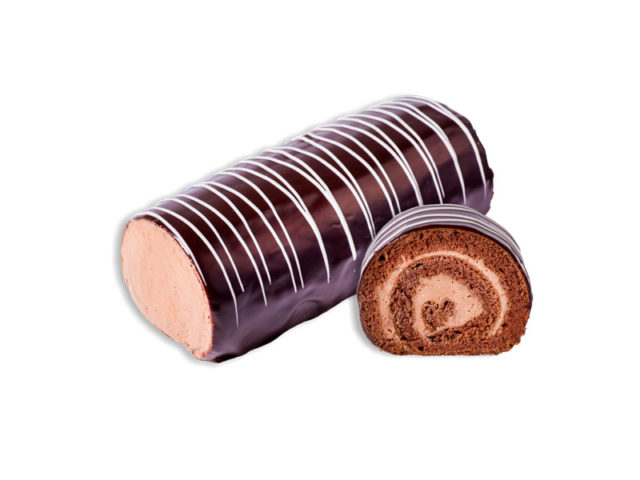
The use of propylene glycol in industry
E1520 additive is widely used in domestic and foreign industry. It is included in the following products:
- e-liquid and tobacco moisturizers;
- refrigerants and antifreezes;
- paints;
- polyurethane and polyester resins;
- anti-icers aviation;
- coolers for milk, beer, wine;
- heat carriers for private houses and heating plants.
Also, the E1520 additive is used in detergents, household fragrances.
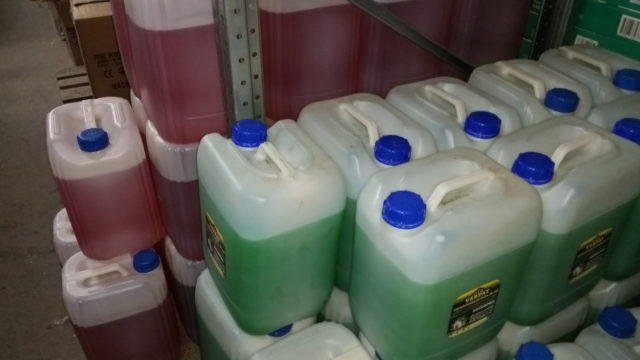
The use of propylene glycol in medicine
Food supplement E1520 has found application in medicine due to its ability to dissolve various substances, the presence of disinfecting and moisture-retaining properties. It is she who replaces blood plasma, is used as a component of compounds for wound healing, in the production of medicines and vitamins. It is part of ointments and lapping agents, anti-burn agents, injections, cough syrups.
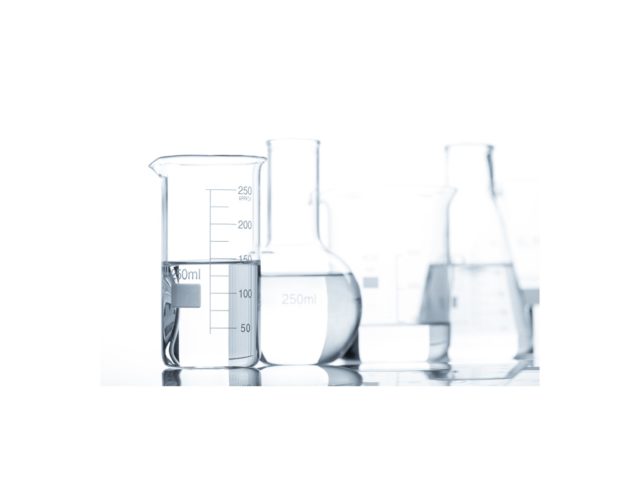
The use of propylene glycol in cosmetics
The properties of the E1520 food additive are also in demand in the cosmetic industry. It is used in the following products:
- moisturizing creams, ointments, massage products;
- shampoos, liquid and solid soaps, detergents;
- baby cosmetics;
- lipstick, conditioners, conditioners;
- deodorants, shaving creams and gels, toothpastes.
It is this substance that prevents cosmetics from drying out during long-term storage and use.
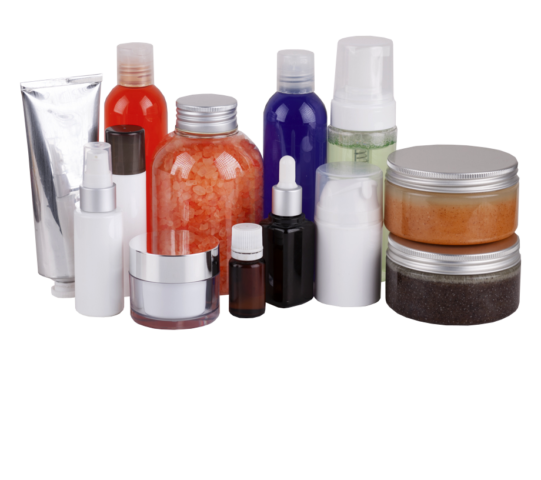
Conclusion
Food additive E1520, or propylene glycol, is made from refined products. According to research, it is broken down in the body into lactic acid and pyruvic acid, and then excreted. Therefore, the substance is recognized as safe and is recommended for use as a stabilizer and solvent in all industries. People who have problems with the functioning of the liver and kidneys, heart, as well as low blood pressure, should not abuse products containing the E1520 additive. You should also limit food and medicine with its content for pregnant women and preschool children.

